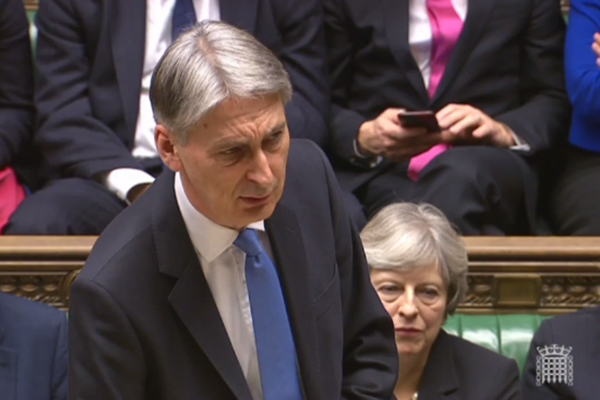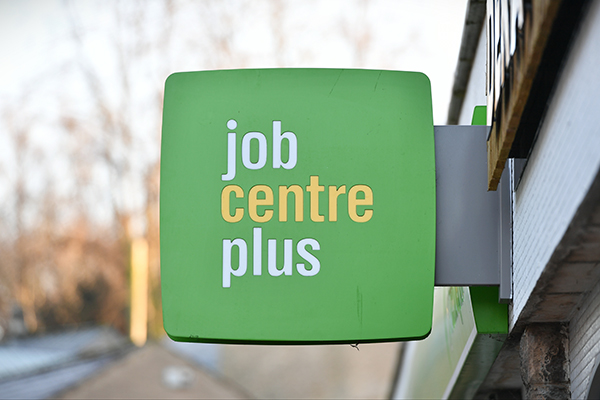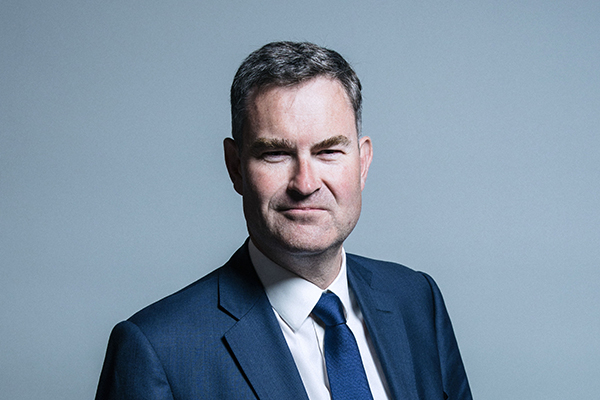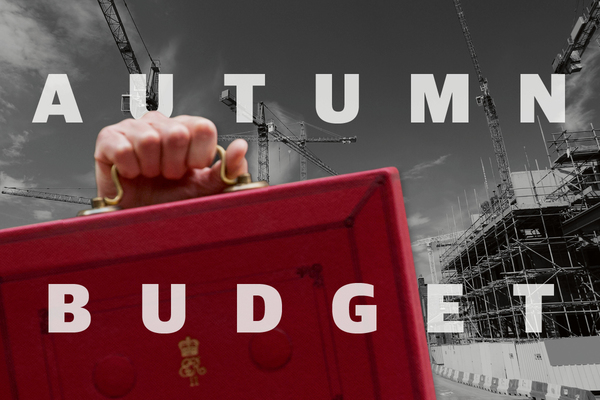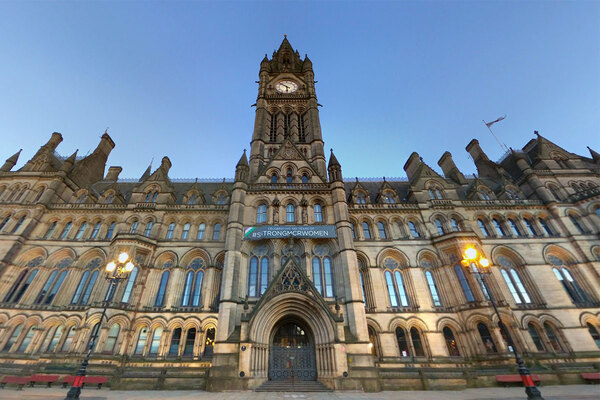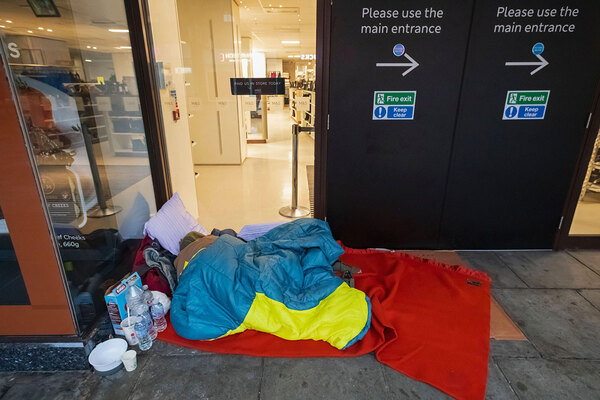You are viewing 1 of your 1 free articles
Chancellor announces £1.5bn package of Universal Credit changes
The government has announced significant changes to Universal Credit, after facing a growing backlash about the reform from backbench MPs and charities.
The deadline for the rollout of the major welfare reform will also be delayed by three months to December 2018 "to support these changes".
In the Autumn Budget announcement today chancellor Philip Hammond said he recognises the “genuine concerns” raised by MPs, including Conservative backbenchers, and set out several changes that will cost the government £1.5bn. These include scrapping the seven-day waiting period before a person can apply for Universal Credit from February 2018, which will take the total wait down to five weeks.
Claimants will be able to get a one-month advance payment within five days from January 2018 “to provide greater support during the waiting period”. The period in which this advance payment must be paid back will be extended from six months to 12 months. This 12-month repayment is already available to claimants who were already on benefits.
Any claimant who receives housing benefit will be able to claim it for a further two weeks after they have applied for UC from April 2018.
The move to a one-month advance payment contradicts the government’s previous line on the current two-week advance payment. David Gauke, secretary of state for work and pensions, recently told parliament the current system “strikes the right balance between supporting claimants with their living expenses and ensuring they have the ability to repay the advance".
The detailed document that accompanies the Autumn Budget said the taper rate for Universal Credit will be "kept under review and the government will continue to consider the case for further changes".
The document also said the government will "make it easier for claimants to have the housing element of their award paid directly to their landlord".
The secretary of state for work and pensions will give further details about the changes in a statement to parliament tomorrow.
Mr Hammond also announced an extra £150m of targeted affordability funding over the next two years would be made available for areas where rents are higher than Local Housing Allowance rates, an issue which has been exacerbated by the freeze on LHA rates. Charities such as Shelter have been pushing for the LHA freeze to be dropped altogether. There will be £40m available in 2018/19 and £85m in 2019/20, rising to £110m by 2022/23. The Treasury said this funding would increase the housing benefit payments for "approximately 140,000 claimants in 2018/19, by an average of £280, in areas where affordability pressures are greatest".
Mr Hammond said: “The switch to Universal Credit is a long overdue and necessary reform, replacing Labour’s broken system that discouraged people from working more than 16 hours a week and trapped 1.4 million on out of work benefits for nearly a decade. Universal Credit delivers a modern welfare system where work always pays and people are supported to earn, but I recognise the genuine concerns on both sides of the house about the operational delivery of this benefit and today we will act on those concerns.”
KEY BUDGET MEASURES AT-A-GLANCE
- Investment of £44bn in housebuilding in capital funding, loans and guarantees over the next five years to boost supply of skills, resources and land
- Commitment to be building 300,000 homes a year by mid-2020s
- £1.5bn package of changes to Universal Credit announced. This includes the scrapping of the seven-day waiting period at the beginning of a claim, making a full month’s advance available within five days of a claim for those that need it and allowing claimants on housing benefit to continue claiming for two weeks
- Lift council borrowing caps in "high-demand areas"
- A £125m increase over two years in Targeted Affordability Funding for Local Housing Allowance claimants in the private sector struggling to pay their rent
- New money into Home Builders Fund
- Extra £2.7bn for Housing Infrastructure Fund
- Invest £400m in estate regeneration
- £1.1bn on unlocking strategic sites
- Stamp duty for first time buyers on properties worth up to £300k will be axed, while the first £300k on properties worth up to £500k will also be scrapped
- Three new Housing First pilots announced for West Midlands, Manchester and Liverpool
- Councils to be given the power to charge 100% council tax premium on empty properties
- Government will launch a consultation to barriers to longer tenancies in the private rented sector
- £38m for Kensington & Chelsea Council for mental health and counselling services, regeneration projects in areas surrounding Grenfell Tower and a new community space
- Invest in five new garden towns
- £125m increase in Targeted Affordability Funding for Local Housing Allowance claimants in the private sector struggling to pay rent
